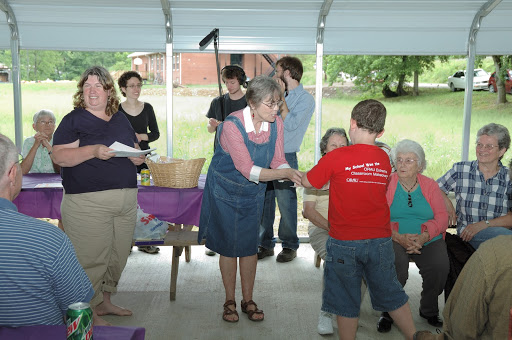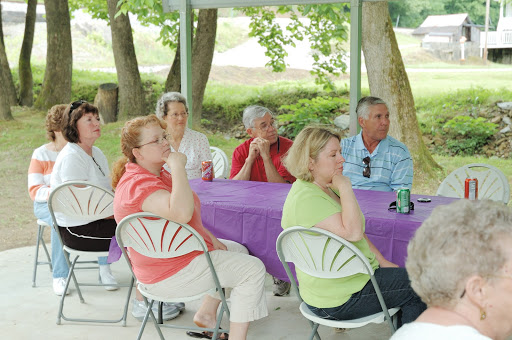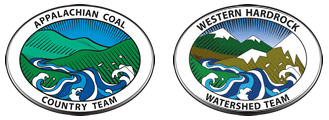Based on the work of
North Fork River Improvement Association
Western Colorado
North Fork River Improvement Association’s (NFRIA) volunteers have monitored streams in their watershed for many years. NFRIA decided it was time to show the volunteers how valuable their service was to the group’s efforts. They hosted a volunteer appreciation picnic and invited current and old volunteers and their families. Their idea was to schedule it around an already occurring event to reduce travel time. They recommend sharing a report based on recent accomplishments, but not giving big speeches at the event. It should be a time for the volunteers and their families to enjoy the festivities.

Tested by
Roaring Run Watershed Association
Western Pennsylvania
Roaring Run Watershed Association (RRWA) wanted to host a volunteer picnic in order to recognize the many volunteers that had helped with various projects all year long. In previous years, RRWA held an annual banquet to recognize a single volunteer, but decided that a new tradition of recognizing many volunteers was necessary to increase volunteer retention. They hoped to hold a volunteer picnic every year to replace their annual banquet with a fun and interesting gathering. RRWA had made tremendous progress on a trail development project and wanted to show appreciation for their volunteers and reward them for their hard work and dedication. RRWA hosted the event on their own property to cut costs of renting a location. It was held near a rail trail developed by the group so it was also an opportunity to make the community aware of that recreational opportunity. The benefits of holding the picnic included the formation of approximately 10-12 new partnerships, increased membership, growth of the organization, and an increase in the number of projects the group is now able to complete. Challenges mainly involved the initial planning of the event because attendance of planning committee members was not consistent. Overall, RRWA’s expectations were surpassed and they plan to hold the event every year.
Tested by
Woodland Community Land Trust
Northeast Tennessee
Woodlands Community Land Trust (WCLT) wanted to hold a picnic to celebrate their volunteers’ achievements. WCLT did not have a formal volunteer appreciation program and thought that holding a volunteer celebration would boost volunteer retention. They had noticed that volunteer turnout was low, possibly due to lack of appreciation and recognition. When volunteers do not realize or are not thanked for the impact they are making, they may eventually reduce their volunteer hours or stop volunteering completely. WCLT planned the picnic, generated a list of volunteers, sent invitations, and hosted a picnic that was considered a success by all who attended. WCLT invited all volunteers that had participated in the last two years. They were surprised when compiling the list of volunteers to invite to the picnic because it was an extensive list. It made them appreciate the large number of people that had helped over the years. They recommend, however, focusing on volunteers that have spent a certain amount of time volunteering because more people responded to the invitation than actually attended, so WCLT had purchased too much food. The final cost of the picnic was substantially higher than first anticipated. Volunteers appeared happy to be recognized and it helped increase reliability and recruitment of volunteers, so the picnic was a success.

“People still come up and say what a nice time they had and how wonderful it was to get together. Our board has also recommended we do something every year now.”
-Woodland Community Land Trust
